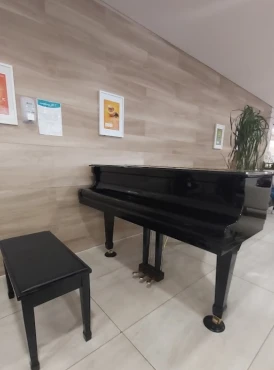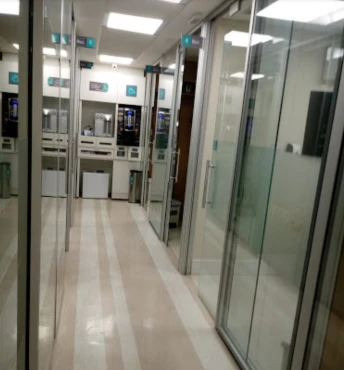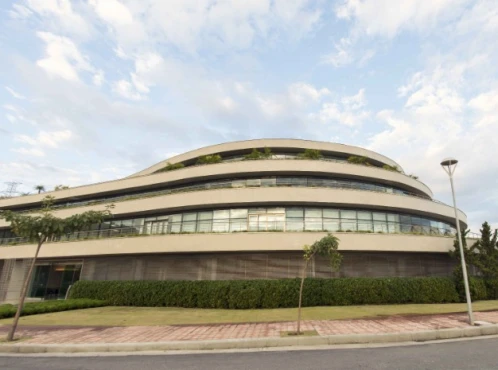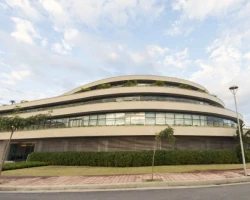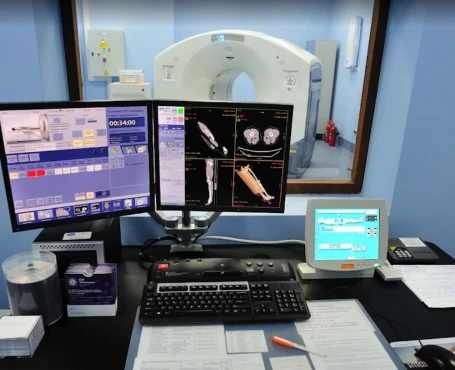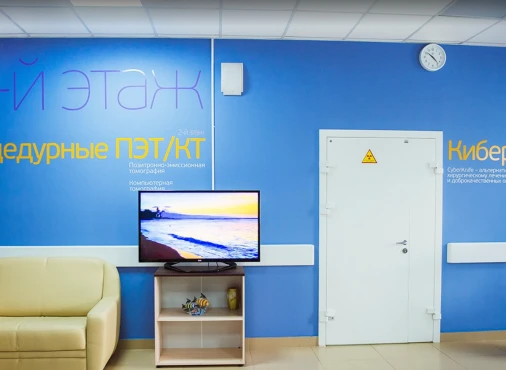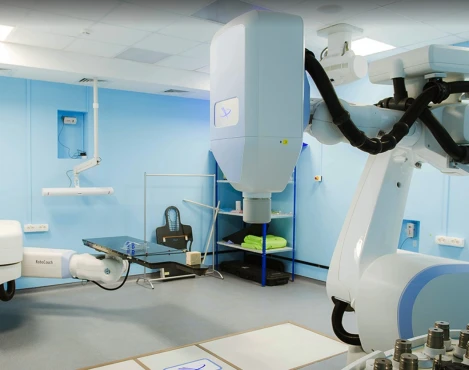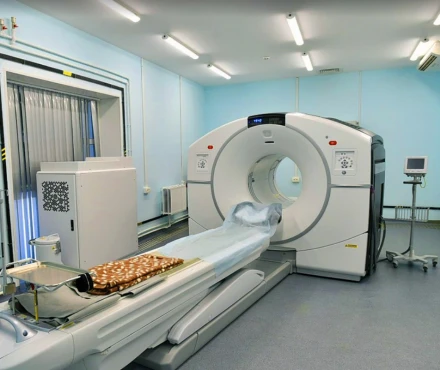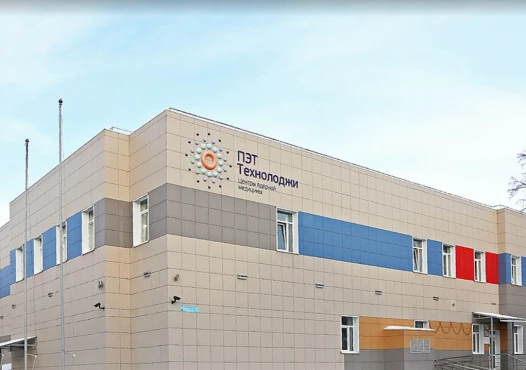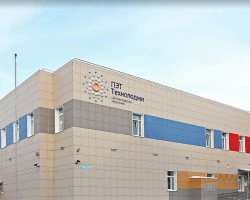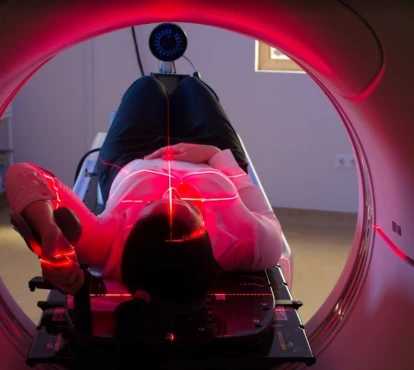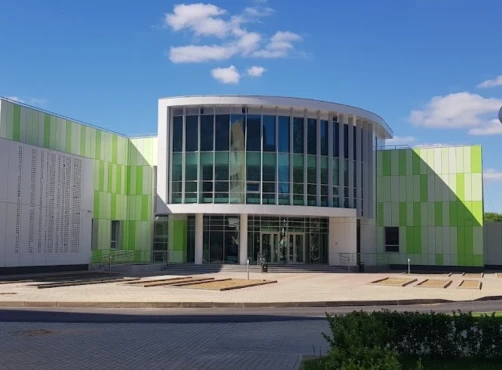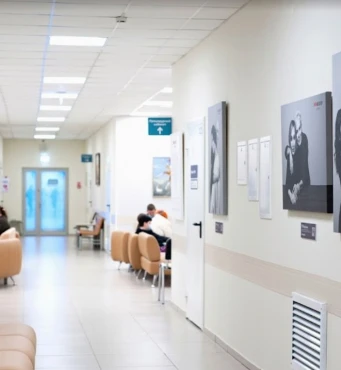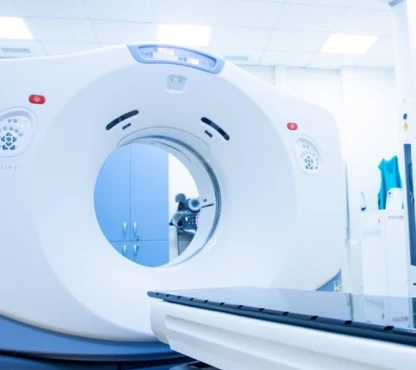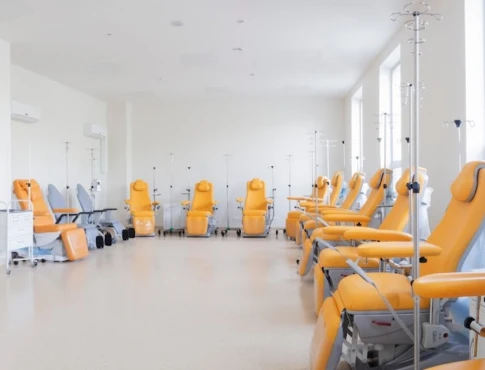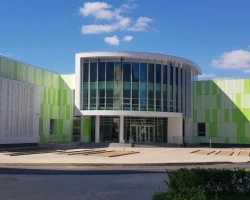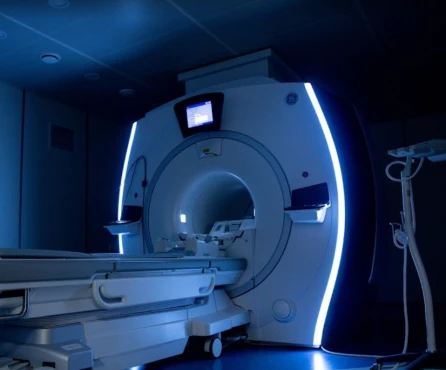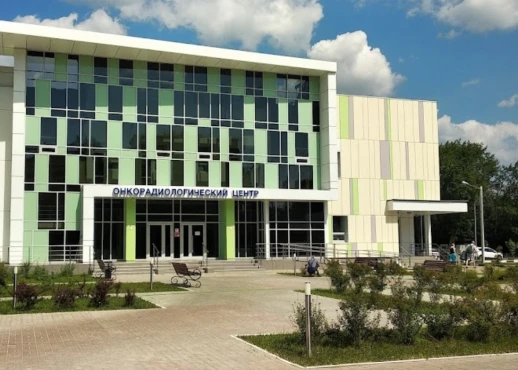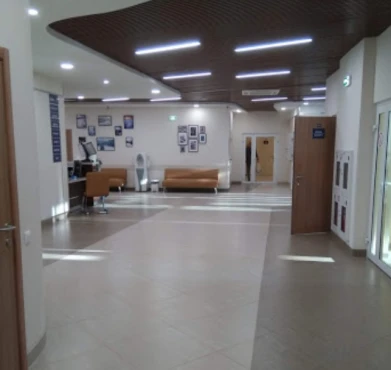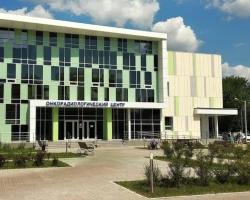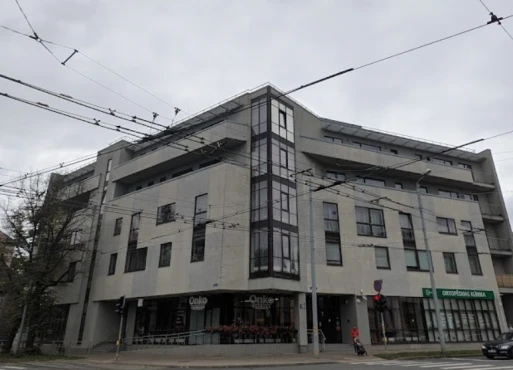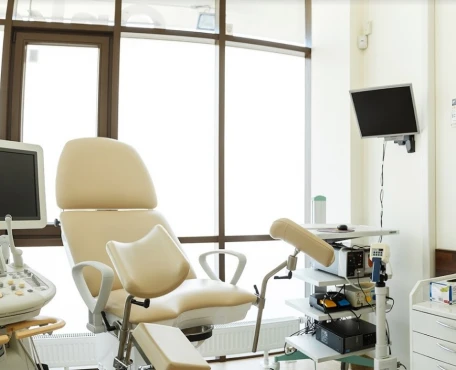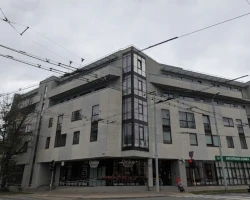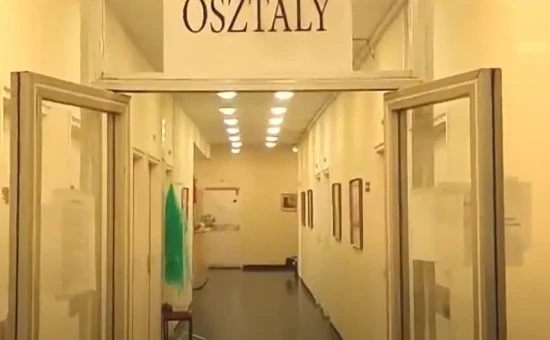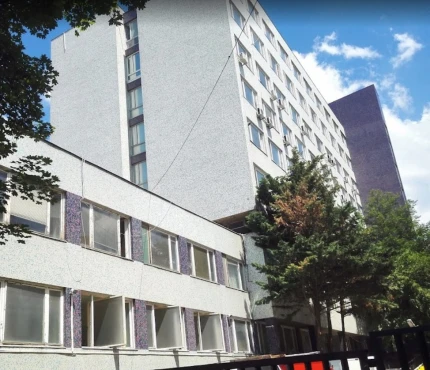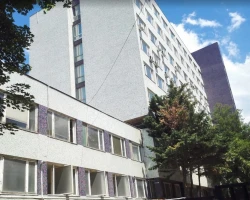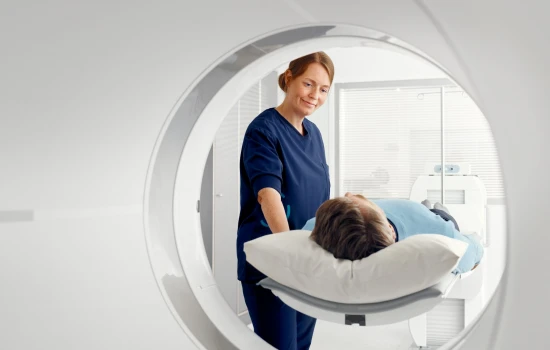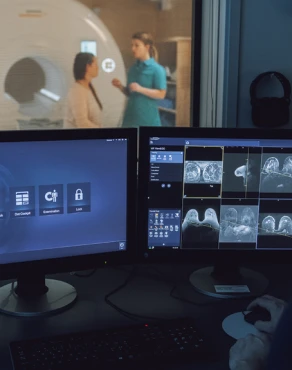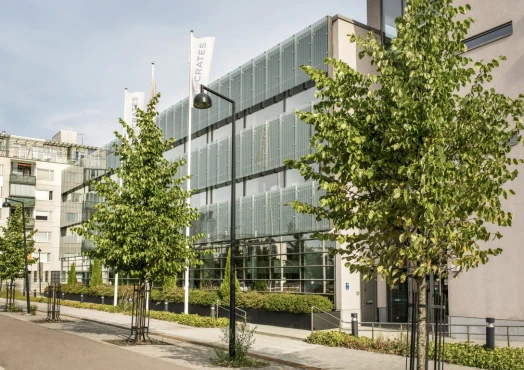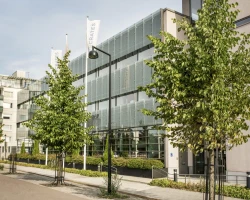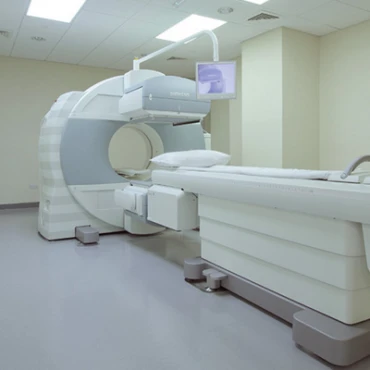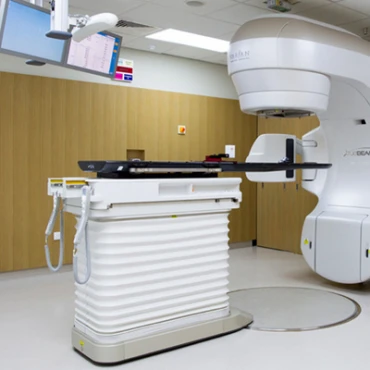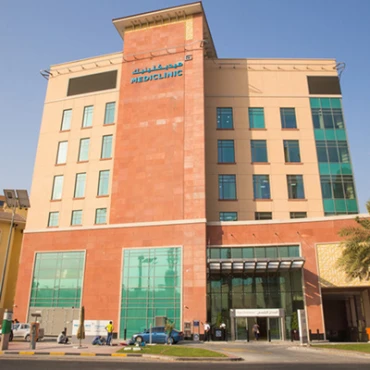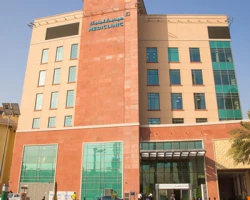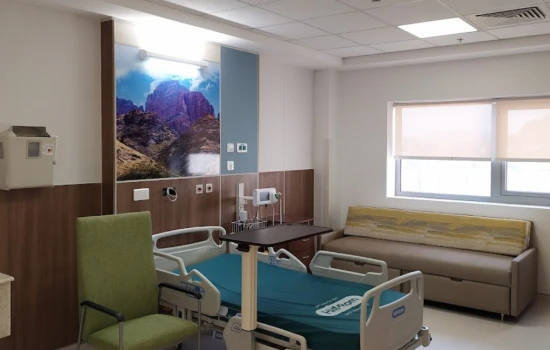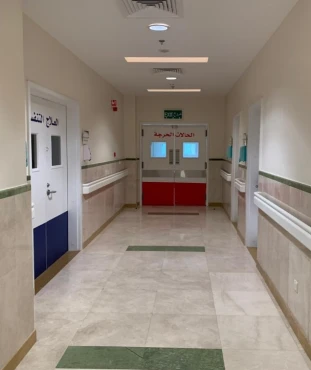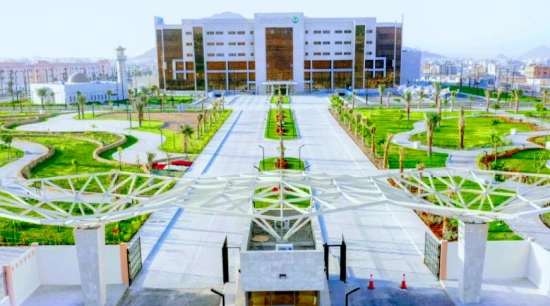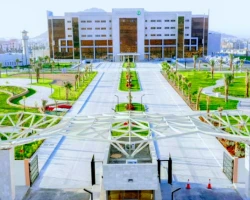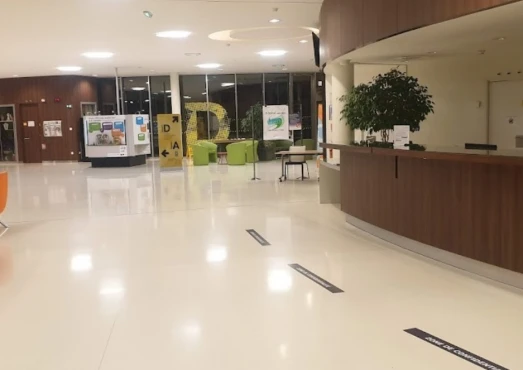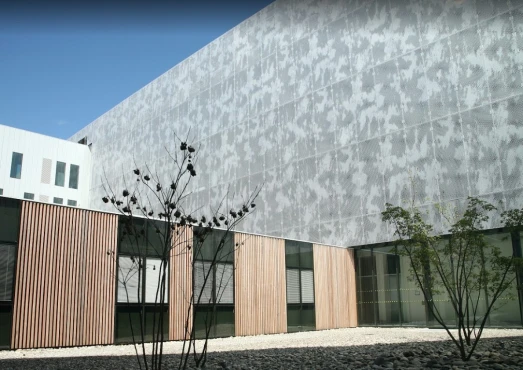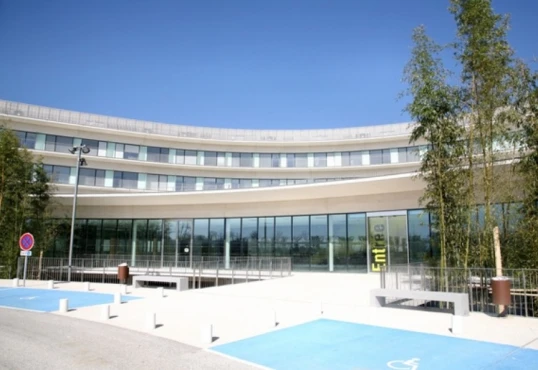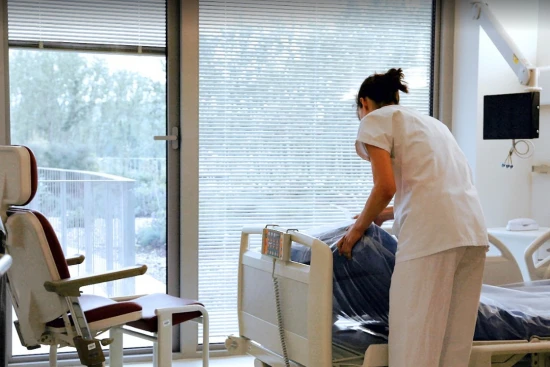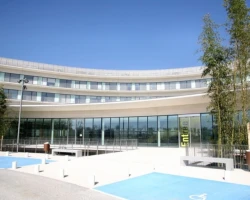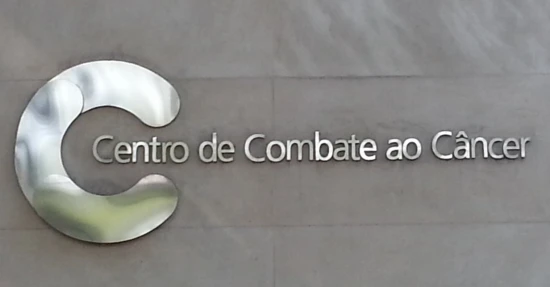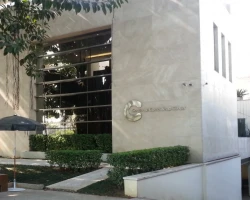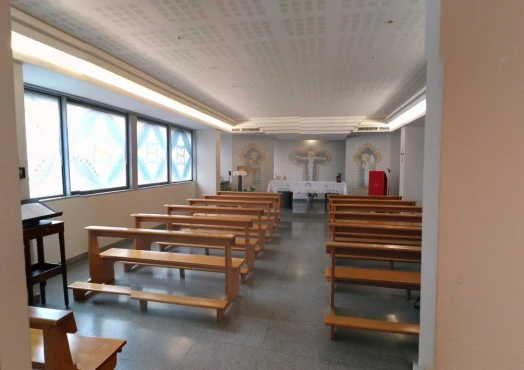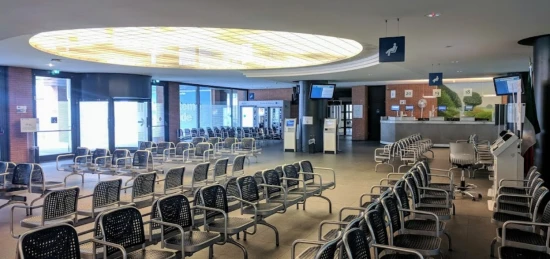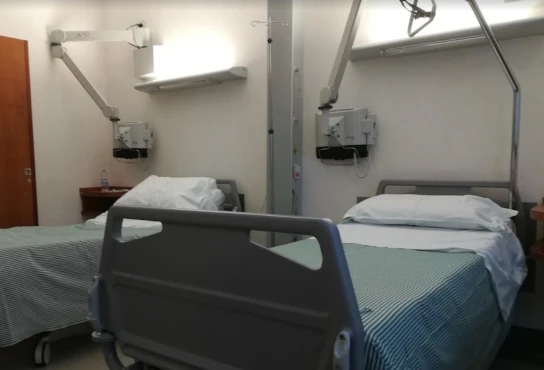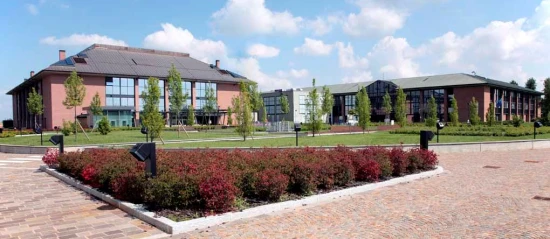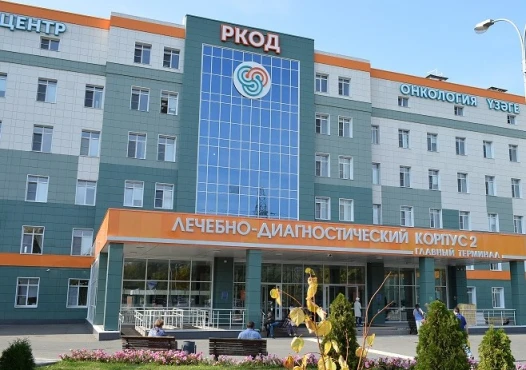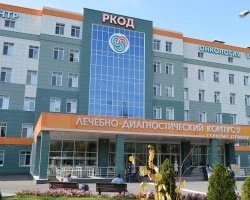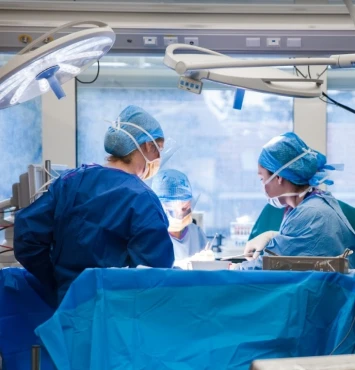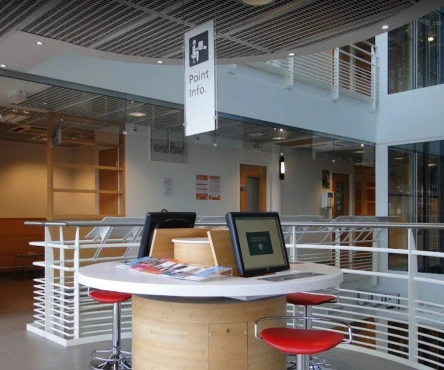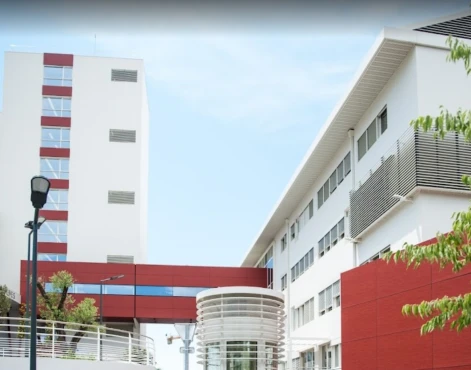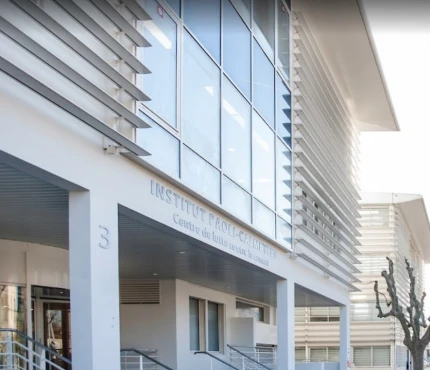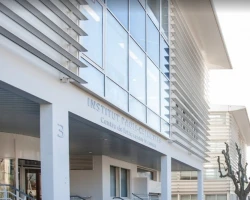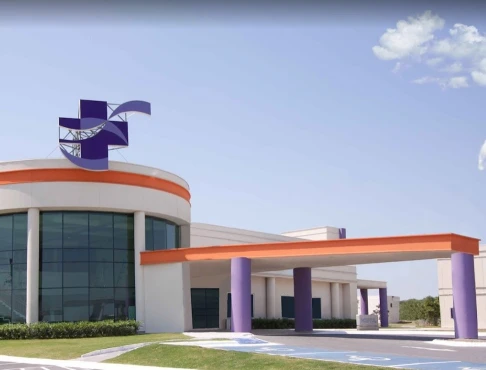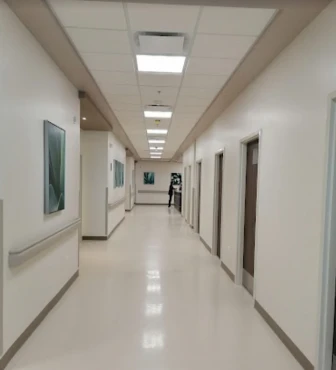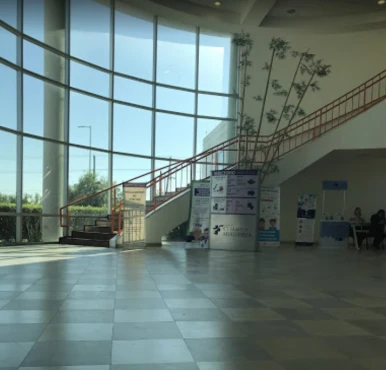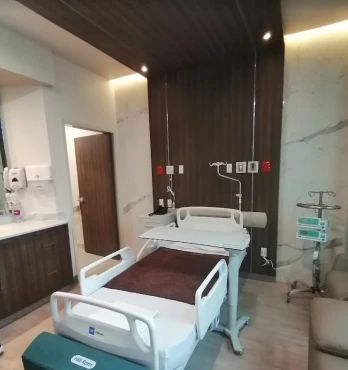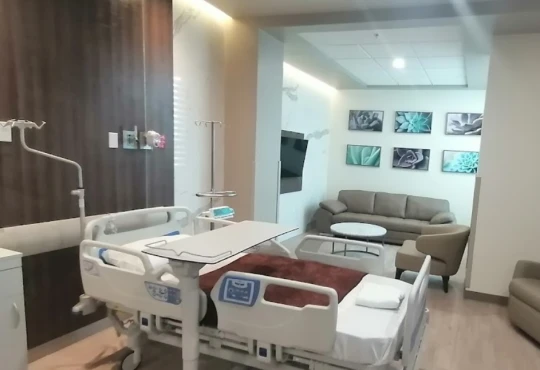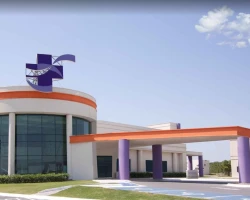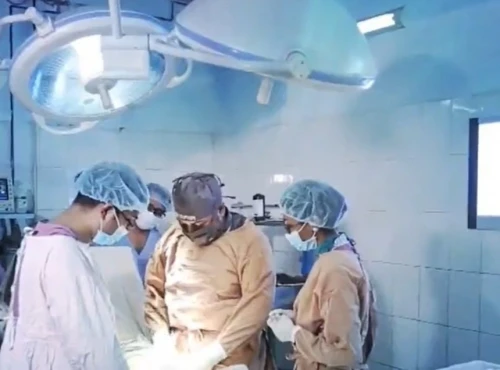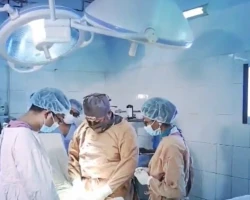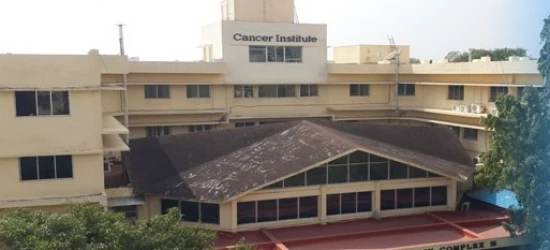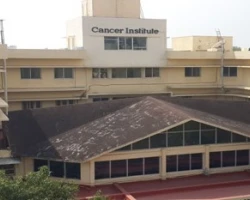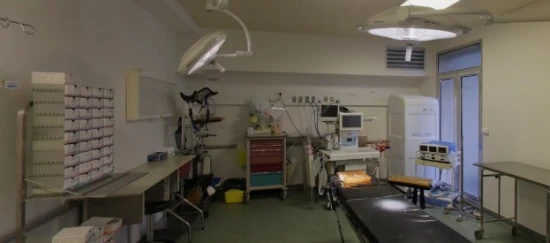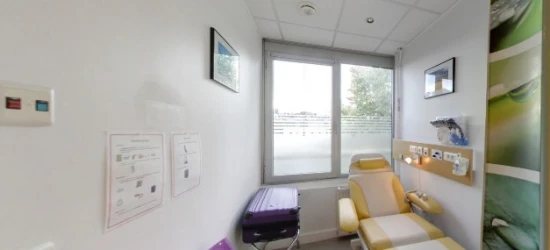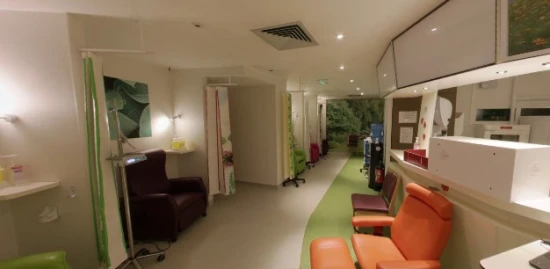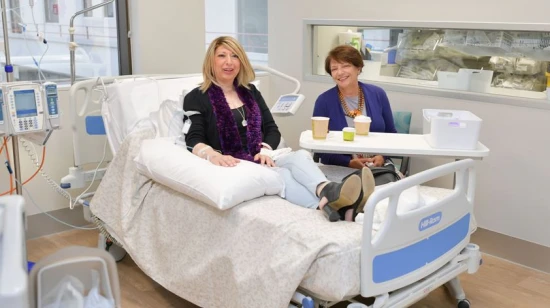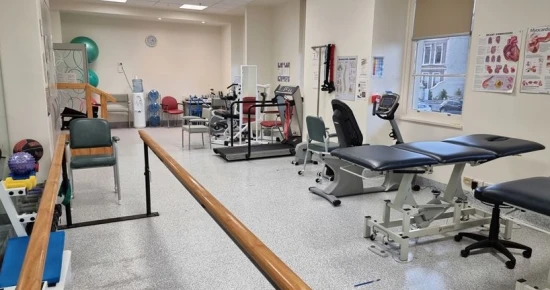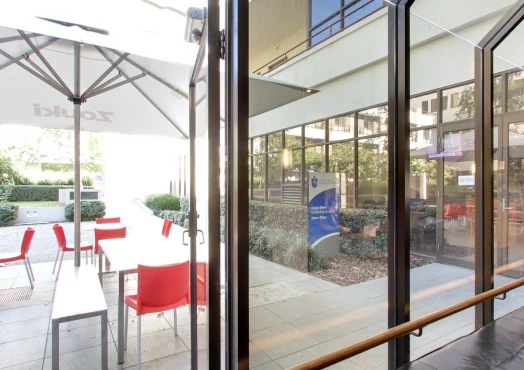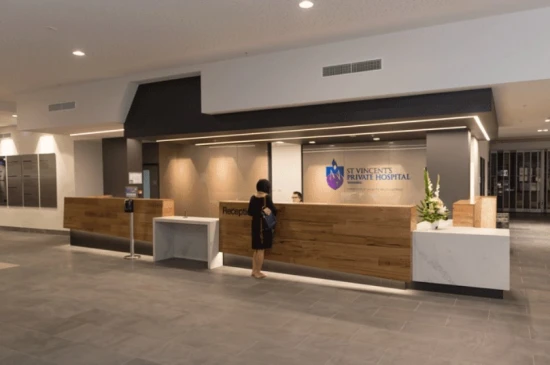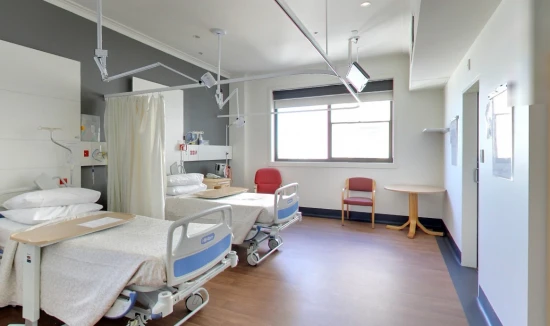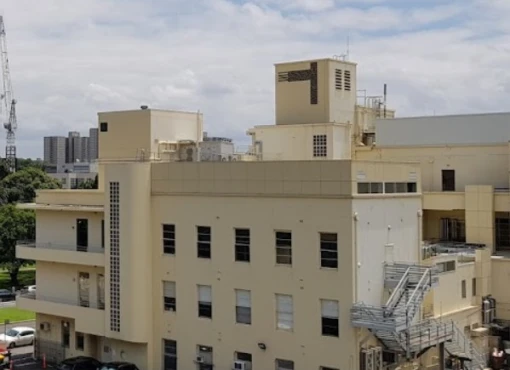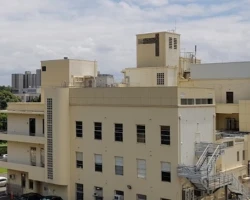Disease Types & Epidemiology
How common is the disease?
Pancreatic cancer forms in the cells of the pancreas. Most pancreatic cancers begin in the exocrine pancreas, which is the part of the pancreas that produces digestive enzymes. Pancreatic cancer is the fourth most common cause of cancer death in men and women worldwide and mostly affects older people – the average age of diagnosis is 71 years for men and 75 years for women. There are 66,440 estimated new cases in 2024 in the USA, making 3,3% of all new cancer cases in the United States, according to the National Cancer Institute [cancer.gov].
The pancreas has three parts – the head, the tail, and the body. Digestive enzymes and hormones produced in the pancreas travel from the pancreas to the duodenum (the first part of the small bowel) through a tube called the pancreatic duct. The part of the pancreas that produces hormones is called the endocrine pancreas, and the part that produces digestive enzymes is called the exocrine pancreas.
Most pancreatic cancers (approximately 95%) begin in the exocrine pancreas. Tumors can also form in the endocrine pancreas, but these are uncommon and often benign (not cancerous).
There are three main categories of exocrine pancreatic cancer:
• Adenocarcinoma: This is the most common type of pancreatic cancer, accounting for around 80% of cases. Almost all of these cancers develop in the cells lining the ducts of the pancreas [cancerresearchuk.org].
• Cystic tumors: These cause a cyst (fluid-filled sac) to form in the pancreas. Most pancreatic cysts are benign, but some are cancerous.
• Acinar cell cancer: This cancer develops in the acinar cells of the pancreas, which lie at the ends of the ducts that produce digestive enzymes.
On the other hand, endocrine tumors are also called pancreatic neuroendocrine tumors (PNETs). PNETs consist of specific cells that may secrete to blood biologically active pancreas-associated molecules – endocrine hormones. In this case, PNETs are called functional tumors (53%). For example, insulinoma produces insulin, glucagonoma – glucagon, VIPoma – vasoactive intestinal peptide (VIP), somatostatinoma – somatostatin, etc [cancer.net].
If the PNET's cells do not produce hormones, they are non-functional tumors (47%).
PNETs are part of a larger cancer group called neuroendocrine tumors (NET), which unites secretion-active tumors of different locations in a body, including the gastrointestinal tract (47%), lungs (20%), thymus and other organs (27%). PNETs' number is 6% from all NETs and are. PNETs often have an aggressive and highly malignant nature, meaning they grow, produce hormones (if functional), and distribute via metastases rapidly [JAMA Network, 2017].
Causes & Risk Factors
What is the primary issue of pancreatic cancer?
The exact causes of pancreatic cancer are not known. However, several risk factors have been identified, including those that increase chronic inflammation that damages genetic material and leads to atypical cell behavior, such as:
- Elder age;
- Smoking;
- Obesity;
- Excessive alcohol intake;
- High intake of butter, saturated fat, red meat, and processed foods;
- Low intake of fruit and vegetables
- History of diabetes;
- History of pancreatitis;
- Infection with Helicobacter pillory, hepatitis B virus, or human immunodeficiency virus
However, around 20% of pancreatic cancer may be induced by mutations in specific genes (BRCA1/2, KRAS, TP53, SMAD4, hMLH1/2) or a family history of pancreatic cancer [ESMO, 2023].
Clinical Manifestation & Symptoms
What signs should one anticipate while suspecting pancreatic cancer?
The symptoms experienced can vary depending on whether the tumor is located in the pancreatic head, body, or tail. Tumors in the pancreatic head tend to cause more symptoms than those in the body or tail – this is because tumors in the pancreatic head may press on the bile duct or pancreatic duct and cause conditions such as jaundice. Symptoms that may be experienced with pancreatic cancer include:
- Yellowing of the skin and whites of the eyes (for pancreatic head
- tumors);
- Abdominal pain;
- Weight loss;
- Fatty stools;
- Symptoms of new-onset diabetes, such as thirst, frequent urination, and fatigue;
Diagnostic Route & Screening
When, where, and how should pancreatic cancer be detected?
To update its 2004 recommendation on screening for pancreatic cancer, in 2019, the U.S. Preventive Services Task Force (USPSTF) performed a systematic review of the diagnostic accuracy of the screening tests for pancreatic cancer, including computer tomography (C.T.) scan, magnetic resonance imaging (MRI) or endoscopic ultrasound. The USPSTF found no studies on the benefits of screening for pancreatic cancer or on the benefits of treatment of screen-detected or asymptomatic pancreatic cancer in the general population [JAMA, 2019]. Thus, pancreatic cancer screening is not recommended.
Overall, diagnostic work-up [ESMO, 2023] of suspected pancreatic cancer in the presence of symptomatic disease includes:
- Assessment of family history – for identification of treatment-sensitive genes,
- Contrast-enhanced multiphasic C.T. scan or MRI plus Chest CT without contrast, if there is a risk of allergic reaction to the contrast liquid – for possible cyst visualization;
- Hepatic MRI or positron emission tomography (PET) C.T. scan – for metastasis identification and disease staging;
- Biopsy of the primary lesion (locally advanced disease) or metastasis (in terminal stage) is an option.
Tests to measure the levels of specific biomarkers can also guide treatment decisions. Some pancreatic cancers produce a protein called cancer antigen 19-9 (CA 19-9). However, other medical conditions can also produce CA 19-9, and some pancreatic tumors do not produce CA 19-9. Therefore, CA 19-9 measurements are not used independently to make therapy decisions but may be used alongside other test results to help determine the best possible treatment [ESMO, 2023].
Treatment options for patients with pancreatic cancer
Surgery, chemotherapy and chemoradiotherapy
Surgery to remove the tumor (resection) is the only curative treatment for pancreatic cancer. Resection aims to remove the tumor along with a healthy margin of tissue to help stop it from coming back. However, it is essential to understand that resection is possible in fewer than 20% of patients. This is because the cancer has usually already spread to other parts of the body or affects significant blood vessels by the time it is diagnosed. Resection of tumors that have grown around major blood vessels is rarely possible, as complete removal of the lesion would cause too much damage to the blood vessels.
Pancreatic cancer is classified as
- Resectable: 1) Usually confined to the pancreas and surrounding regions such as the small bowel, bile duct, or stomach; 2) Not affecting any major blood vessels.
- borderline resectable: 1) Usually confined to the pancreas area, but affects the blood vessels – this can make it difficult for the tumor to be resected effectively, and some cancer; 2) It is not always clear whether the tumor can be resected or not; 3) Detailed CT/PET/MRI scans may be used to check the exact positioning of the tumor in relation to the blood vessels before a decision on resection can be reached cells may be left behind;
- unresectable: 1) Blocking or completely surrounding major blood vessels or have spread so far that resection is not possible; 2) Locally advanced and metastatic pancreatic cancers are unresectable
Chemotherapy can destroy or slow down the growth of cancer cells and is widely used in the treatment of pancreatic cancer. In some patients, chemotherapy may be given as an adjuvant treatment (after resection) or as a neoadjuvant treatment (before resection). Chemotherapy is widely used in the treatment of pancreatic cancer
Chemotherapy agents used in the treatment of pancreatic cancer include:
• Gemcitabine
• A combination of 5-fluorouracil plus folinic acid (5-FU/FA)
• A combination of 5-FU/FA + irinotecan + oxaliplatin (commonly known as FOLFIRINOX)
• A combination of nab-paclitaxel plus gemcitabine
• A combination of liposomal irinotecan (nal-IRI) plus 5-FU/FA
Not all of these agents are suitable for all patients due to the patient's condition and possible risk of chemo side effects.
Chemoradiotherapy is a combination of chemotherapy and radiotherapy. Radiotherapy uses ionizing radiation to damage the DNA of cancerous cells, causing them to die. Chemoradiotherapy for pancreatic cancer usually consists of radiotherapy (stereotactic body radiotherapy) in combination with the chemotherapy agent capecitabine, which is a pro-drug of 5-FU.
Treatment routes
What is an appropriate treatment for different pancreatic cancer (PC) stages?
Resectable PC is treated with surgery, followed by adjuvant chemotherapy.
Surgical resection aims to remove the cancer as well as a healthy margin of tissue around it. After the operation, the removed tissue is examined under a microscope to check that all of the cancer was removed.
The type of surgery depends on the location and size of the tumor. Tumors in the pancreatic head are removed using a technique called a pancreatoduodenectomy (also known as the Whipple procedure). In a pancreatoduodenectomy, the head of the pancreas is removed along with the duodenum, gallbladder, part of the stomach, and part of the bile duct. Tumors in the pancreatic body or tail are removed by distal pancreatectomy, which involves resection of the body and tail of the pancreas as well as the spleen.
During resection of the tumor, lymphadenectomy (removal of nearby lymph nodes) is also carried out. A minimum of 15 lymph nodes are removed and examined after the operation to see if the cancer has spread.
After surgical resection, patients usually receive adjuvant chemotherapy with either gemcitabine or 5-FU/FA. However, treatment standards are continually evolving, and some patients might receive a different chemotherapy regimen – for example, a clinical trial has recently shown that adjuvant chemotherapy with a modified version of FOLFIRINOX is more effective than gemcitabine for patients after resection, although there are more side effects seen with this regimen compared with gemcitabine [Conroy et al., 2018]. Another clinical trial has also indicated that adjuvant treatment with gemcitabine in combination with capecitabine might be more effective than gemcitabine alone [Lancet, 2017].
Borderline resectable pancreatic cancer treatment aims to reduce the size of the tumor using chemotherapy and chemoradiotherapy, potentially making resection possible.
Borderline resectable pancreatic cancer may be initially treated with neoadjuvant chemotherapy. Gemcitabine or FOLFIRINOX is most commonly used in this setting. However, patients with borderline resectable tumors are included in clinical trials whenever possible, so other neoadjuvant treatments (capecitabine, paclitaxel)) may be offered [Nature, 2022].
Following the period of neoadjuvant chemotherapy, patients may have a course of chemoradiotherapy, such as FOLFOX plus CT-planned 3D conformal radiotherapy (3DCRT), to help try to convert the tumor from borderline resectable to resectable [Cancers, 2022].
After neoadjuvant treatment with chemotherapy and chemoradiotherapy, the tumor will be reassessed to see if it is now resectable. Patients with resectable tumors will undergo surgery, possibly followed by adjuvant chemotherapy. Patients whose tumors remain unresectable may be offered further chemotherapy with FOLFIRINOX (5-FU, leucovorin, irinotecan, and oxaliplatin) or gemcitabine in combination with capecitabine [cancer.net].
Locally advanced PC is unresectable and is usually treated with chemotherapy. The usual treatment for locally advanced pancreatic cancer is gemcitabine. However, novel targeted therapies may be used, such as:
- Pembrolizumab or dostarlimab for patients with high microsatellite instability (MSI-high) or mismatch repair deficiency (dMMR) - agenetic features that occur 1-1.5% of patients with PC.
- Olaparib for patients with BRCA-mutations PC, which improves prognosis in hereditary disease.
- Larotrectinib and entrectinib, in particular genetic change called an NTRK fusion.
- Selpercatinib for RET fusion mutation PC.
- Dabrafenib plus trametinib for PC with BRAF V600E mutations.
All these targeted therapy options are also applicable for the mutations-associated metastatic disease.
Chemoradiation therapy with bolus 5-FU may also be an option that increases pathologic complete remission rates and decreases the risk of local tumor progression but does not translate into a prolonged overall survival. Thus, chemoradiation therapy is recommended only in a framework of clinical trials [Current Oncology, 2023].
Metastatic PC treatment is applied to relieve symptoms and improve quality of life.
The choice of chemotherapy for metastatic pancreatic cancer varies depending on the general health status of the patient. Patients who are fit enough to withstand treatment with multiple agents are typically offered FOLFIRINOX or nab-paclitaxel in combination with gemcitabine. Less fit patients may be provided gemcitabine alone or nab-paclitaxel plus gemcitabine if their poor health status is due to their cancer. If the cancer progresses after gemcitabine-based treatment, patients might then be treated with nal-IRI in combination with 5-FU/FA.
Supportive care involves the management of cancer symptoms and the side effects of therapy. An essential element of supportive care in patients with pancreatic cancer is nutritional support – many people with pancreatic cancer lose weight as the tumor or effects from surgery can have an impact on the stomach and bowel. The patient may find it easier to have small, high-calorie snacks throughout the day than large meals, and nutritional supplements tailored to their needs may also be recommended.
Patients with pancreatic cancer may also be unable to absorb fats and proteins from their food – this is because the pancreas is not producing enough digestive enzymes, either because of the cancer itself or because parts of the pancreas have been removed during treatment. This is called pancreatic exocrine insufficiency, and the patient may need to take enzyme supplements before each meal to help the body digest food properly.
Tumors in the pancreas, or surgery for pancreatic cancer, can also affect the production of insulin, which is a hormone that regulates blood sugar levels. Blood sugar monitoring will help to control the risk of developing diabetes.
Palliative care is a term used to describe care interventions, including managing symptoms throughout the disease and support for coping with prognosis. Palliative care in pancreatic cancer can often include a procedure to relieve the symptoms of a tumor obstructing the bile duct or duodenum. This is usually done by inserting a specially designed expandable tube (or stent) under a general anesthetic to keep the bile duct or duodenum open. Pain relief is also a crucial part of palliative care in patients with pancreatic cancer. In addition to standard painkillers such as paracetamol and ibuprofen, drugs called opioids are often used, and some anti-depressants or anti-convulsant drugs are used alongside other painkillers to control nerve pain. A coeliac plexus block is sometimes used to relieve pain in the abdomen. This involves an injection of a local anesthetic around a group of nerves called the coeliac plexus, which can provide pain relief for up to 3 months.
Prognosis
How does cutting-edge science improve the lifespan and quality of life for those with the disease?
Statistics by specialists from the American Society of Clinical Oncology (ASCO) on five-year survival rates demonstrate a correlation between the period decline and the stage of disease. For early-stage (localized) detection and treatment the rate is 44% for five years of living; for BRPC and LAPC – 15%; for metastatic stage – 3% [cancer.net].
Follow-up visits to the oncologist's office every 3-6 months are recommended for blood tests, including monitoring liver and kidney function and the tumor marker CA 19-9 if the last one was raised before the treatment. For people with metastatic pancreatic cancer, a CT scan or other imaging may also be used every 2 to 3 months after standard treatment begins to evaluate treatment effectiveness. ASCO does not recommend routine PET-CT scans for people with metastatic pancreatic cancer.
